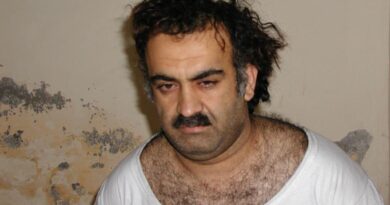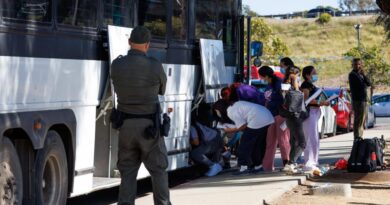‘Fact checking’ now synonymous with censorship

“Fact-checking” is now subjective, much like “fake news,” varying in perception.
During the vice presidential debate, CBS moderators aimed to showcase impartiality.
However, as seen in the Trump-Harris debate, their focus on fact-checking leaned towards one direction – against the Republican.
Springfield, Ohio, once again highlighted a major issue in today’s media era.
CBS’s Margaret Brennan fact-checked JD Vance, but relayed false information herself about Haitian migrants with legal status in Springfield.
Vance corrected the misinformation by highlighting it was a “pathway” exploited by Kamala Harris to disguise true levels of illegal immigration.
Without correction, viewers might assume places like Springfield face no issues with illegal migrants.
Vance’s interview was briefly interrupted, allowing him to correct the false claim made by Brennan.
During the Presidential debate, Kamala Harris made unsubstantiated claims, which the ABC hosts overlooked multiple times.
Project 2025, a significant Democrat concern, was inaccurately linked to Donald Trump, highlighting biased reporting.
Media transparency is lacking, with outlets often ignoring or altering stories to fit particular narratives.
Public trust in media gatekeepers has decreased with the advent of social media and diverse platforms.
Editorial departments like “BBC Verify” have failed to accurately fact-check their own content, further diminishing their credibility.
Media’s attempt to influence public opinion is evident in their selective reporting and misleading narratives.
Readers are now more discerning, capable of accessing information from various sources to form their own opinions.
The media’s biased and selective reporting diminishes their credibility and trustworthiness.
A reminder of who the real enemy is
Positive news stories are scarce, but the recent rescue of Fawzia Amin Sido stands out.
As a Yazidi girl abducted by ISIS at age 11, she was recently rescued and reunited with her family by the Israeli Defense Forces in Gaza.
Such stories shed light on lesser-known events and communities like the Yazidi people, often overlooked in mainstream media coverage.
It’s essential to prioritize factual reporting over biased narratives to maintain public trust in media integrity.



